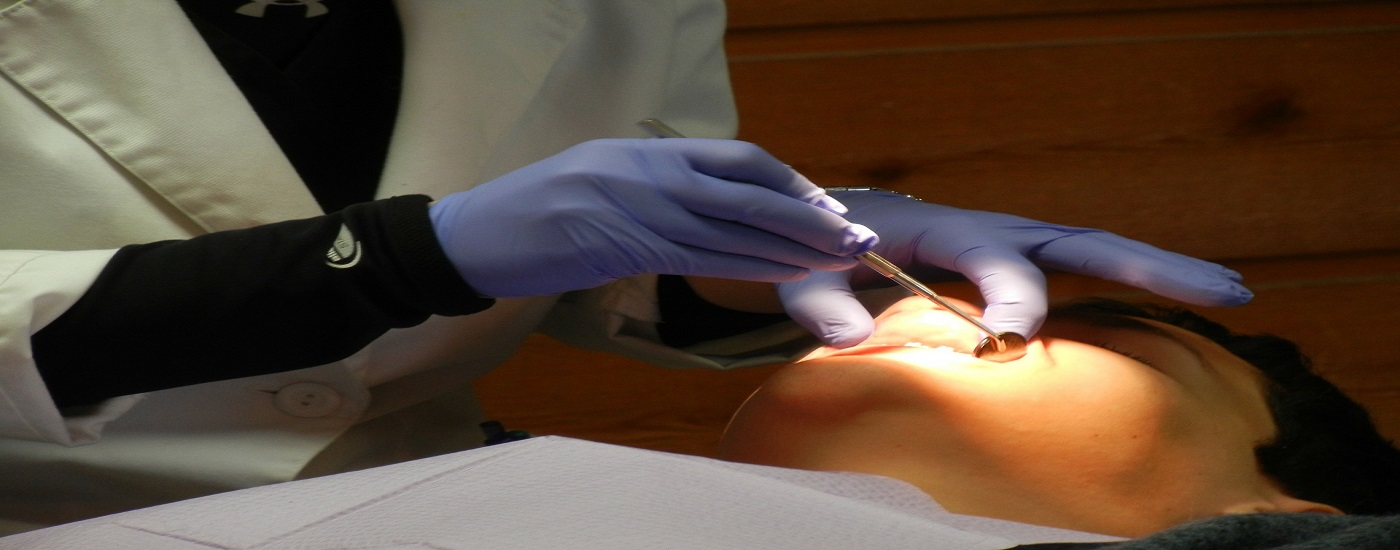 Teeth care can be more difficult with age. Some dental problems may increase, and Medicare and most supplemental plans offer minimal dental coverage if they have one. A recent national survey from the University of Michigan (National Poll on Healthy Aging) on healthy aging found that 40% of people aged 50 to 64 years do not have regular dental care, and the figures are similar for those over 65 years.
Teeth care can be more difficult with age. Some dental problems may increase, and Medicare and most supplemental plans offer minimal dental coverage if they have one. A recent national survey from the University of Michigan (National Poll on Healthy Aging) on healthy aging found that 40% of people aged 50 to 64 years do not have regular dental care, and the figures are similar for those over 65 years.
“Dental care is a medical, functional and quality of life problem,” says Judith Jones, a dental surgeon, a communicator for the Dental Association of the United States on dental care for the elderly. “You do not want the appearance of your teeth or pain to prevent you from eating a healthy diet or going out and socializing with your family and friends.”
 Here Are The Strategies To Decrease Four Common Concerns Of The Teeth During Aging.
Here Are The Strategies To Decrease Four Common Concerns Of The Teeth During Aging.
Plate Buildup
It is possible that as you age, it becomes increasingly difficult to remove plaque. “Since the bone wears out, the space between the teeth can change, increasing the tendency to accumulate food between them,” says Jay W. Friedman, a dental surgeon with a master’s degree in public health, a dental adviser and advocate for dental care of the consumer in Los Angeles.
Arthritis in the fingers may make it more difficult to floss to remove this debris, but devices such as interdental brushes, toothpicks, and oral irrigators may help with oral care.
 Gum Diseases
Gum Diseases
“As the gums recede with age, the surface of the roots of your teeth is exposed more,” says James Bader, dental surgeon, with a master’s degree in public health, professor emeritus of the School of Dentistry of the University of North Carolina.
Because the root surface is less resistant to decay than tooth enamel, you can see that there are more cavities, he says.
 |
 |
 |
Sensitivity In The Teeth
Feeling a sharp pain when a hot or cold liquid touches your teeth, is usually a sign of cavities, then ask your dentist to check you.
If there is no tooth decay, then tooth sensitivity may occur when the root surfaces are exposed, consider using toothpaste or rinse with a formula to reduce sensitivity. If one product is not useful, try another.
